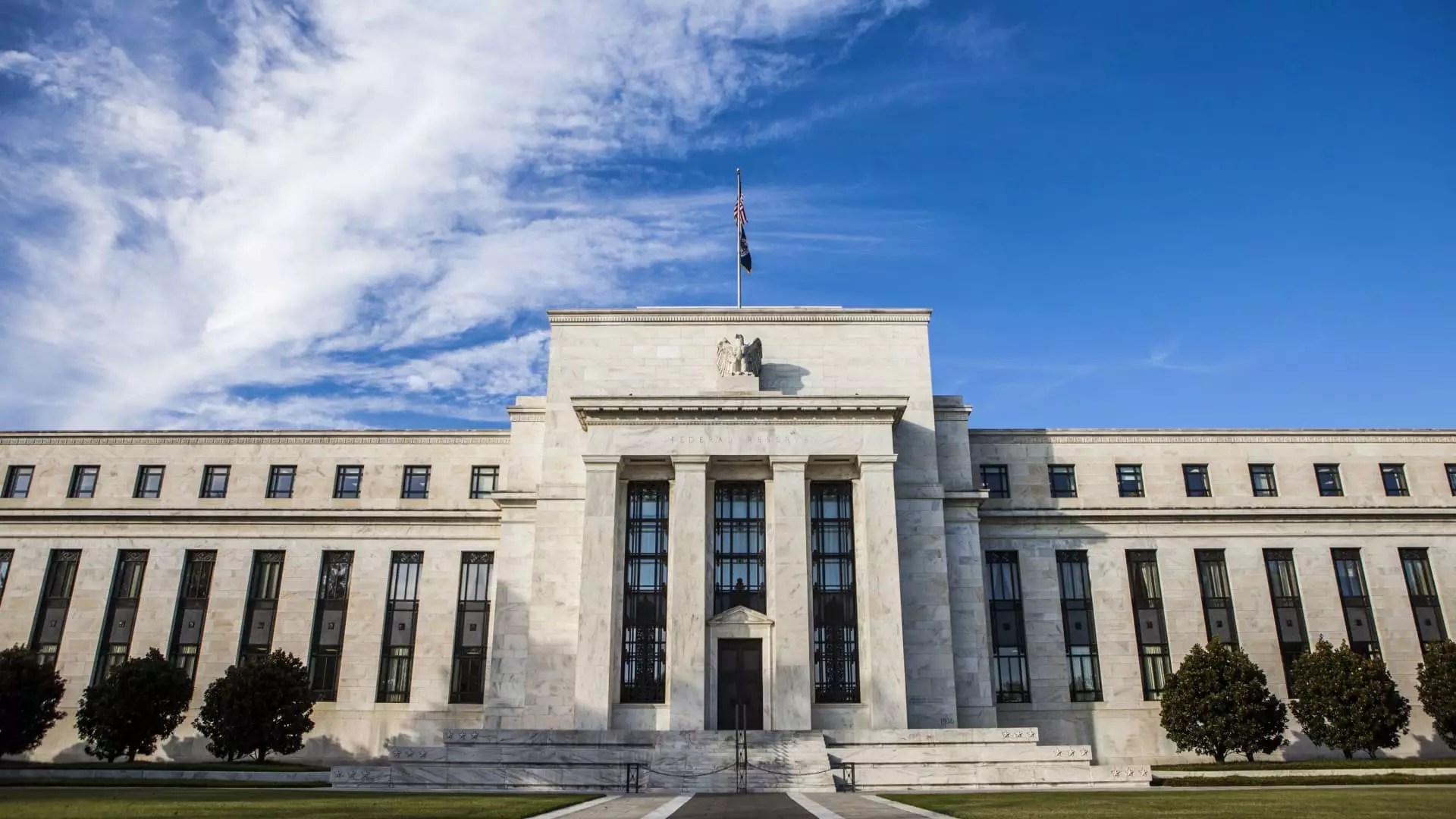In a significant turn of events, titans of the banking industry are gearing up to challenge the Federal Reserve’s authority regarding annual stress tests via a lawsuit. Anticipated to file as early as Tuesday, the legal action reflects a growing discontent among major banks related to the stringent assessments and regulations governing their capital buffers. These stress tests, mandated to ensure banks maintain adequate reserves against potential bad loans, have increasingly become a point of contention amidst shifting regulatory landscapes.
Recently, the Federal Reserve disclosed its intention to revise the current stress test framework, inviting public feedback on its “significant changes.” The announcement, which came shortly after market close on Monday, hinted at potential improvements in transparency while also addressing the volatility surrounding capital requirements. However, the absence of explicit details raises questions about the actual impact of these proposed adjustments. The Fed’s response suggests they are reacting to not only external pressures from the banking industry but also evolving legal constraints that have reshaped the regulatory environment in recent years.
While the banking sector may perceive the Fed’s announcement as a step forward, opinions vary on whether these changes will sufficiently alleviate concerns over overly burdensome capital requirements. The Fed is careful to note that these modifications are not meant to dramatically reduce overall capital needs, which may leave banks feeling as though their essential grievances have yet to be fully addressed. The dilemma remains whether the reforms will strike an appropriate balance between safeguarding the financial system and enabling banks to lend more freely to stimulate economic growth.
Greg Baer, CEO of the Bank Policy Institute (BPI), which represents prominent financial institutions such as JPMorgan and Citigroup, commended the Fed’s proactive approach to enhancing transparency and accountability within the stress testing framework. Nevertheless, Baer’s cautious tone, suggesting further scrutiny and potential follow-up actions, illustrates the banks’ ongoing apprehensions. Behind this cautious optimism lies a persistent demand for reforms that address the complexities and challenges the banking industry faces. Organizations like the BPI and the American Bankers Association have consistently raised alarms about the gradual escalation of capital rules, arguing that they inadvertently hinder lending practices and, as a result, diminish economic vitality.
As the lawsuit looms and discussions about bank stress tests evolve, it remains critical for regulatory bodies to find a middle ground that protects the economy while allowing banks to thrive. The ongoing dialogue between the banking industry and the Federal Reserve will shape the future of financial regulation, potentially leading to a new paradigm that supports both stability and growth. The forthcoming legal battle might just be the catalyst needed to bring about a comprehensive overhaul of the stress testing regime—one that better serves the interests of both banks and the broader economy.


Leave a Reply